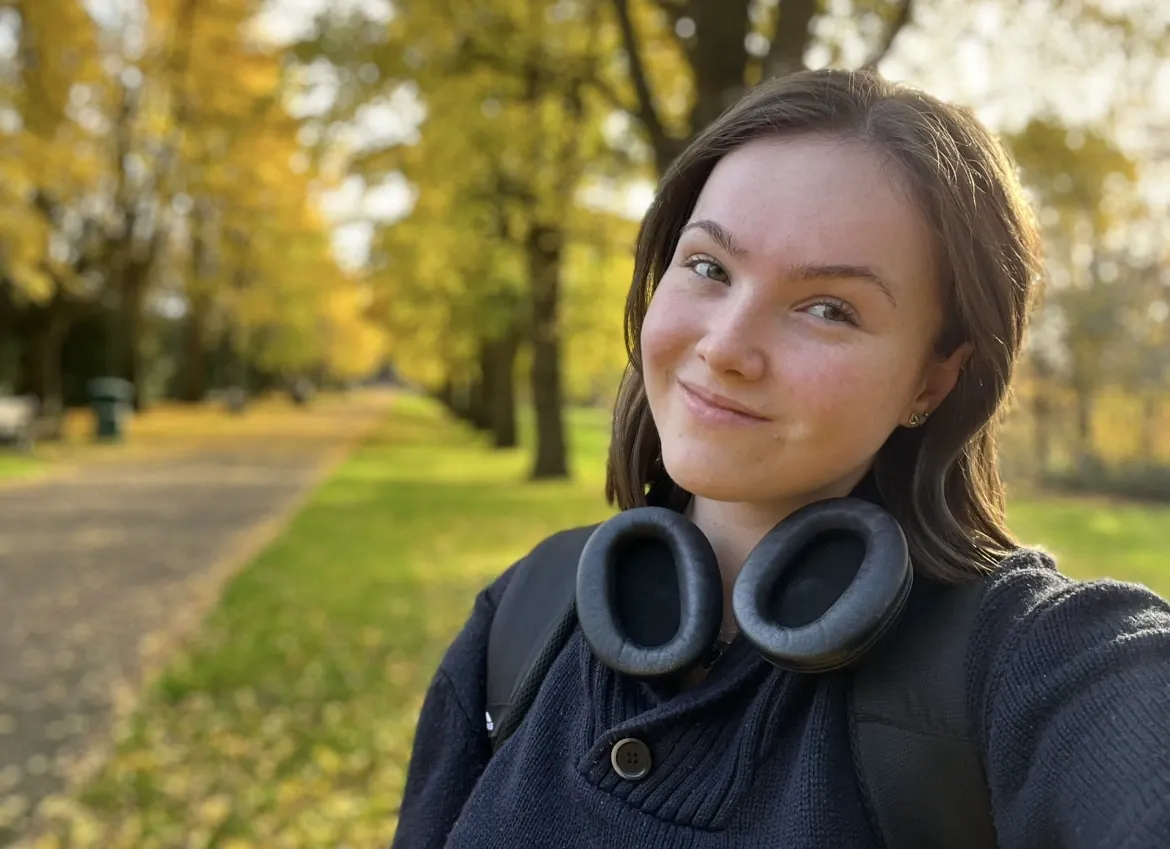
Comments, looks, stares and unfair treatment can build up like unpaid bills – they can very easily become too much and can be so hard for someone.
Mya, from Cardiff, is a Young Leader with the Together Type 1 from Diabetes UK. She works part-time and also attends university where she is studying children’s nursing. In her spare time, she is a talented baker and enjoys writing poetry. Mya shares her experiences of living with type 1 diabetes from the age of four and how she has faced stigma.
